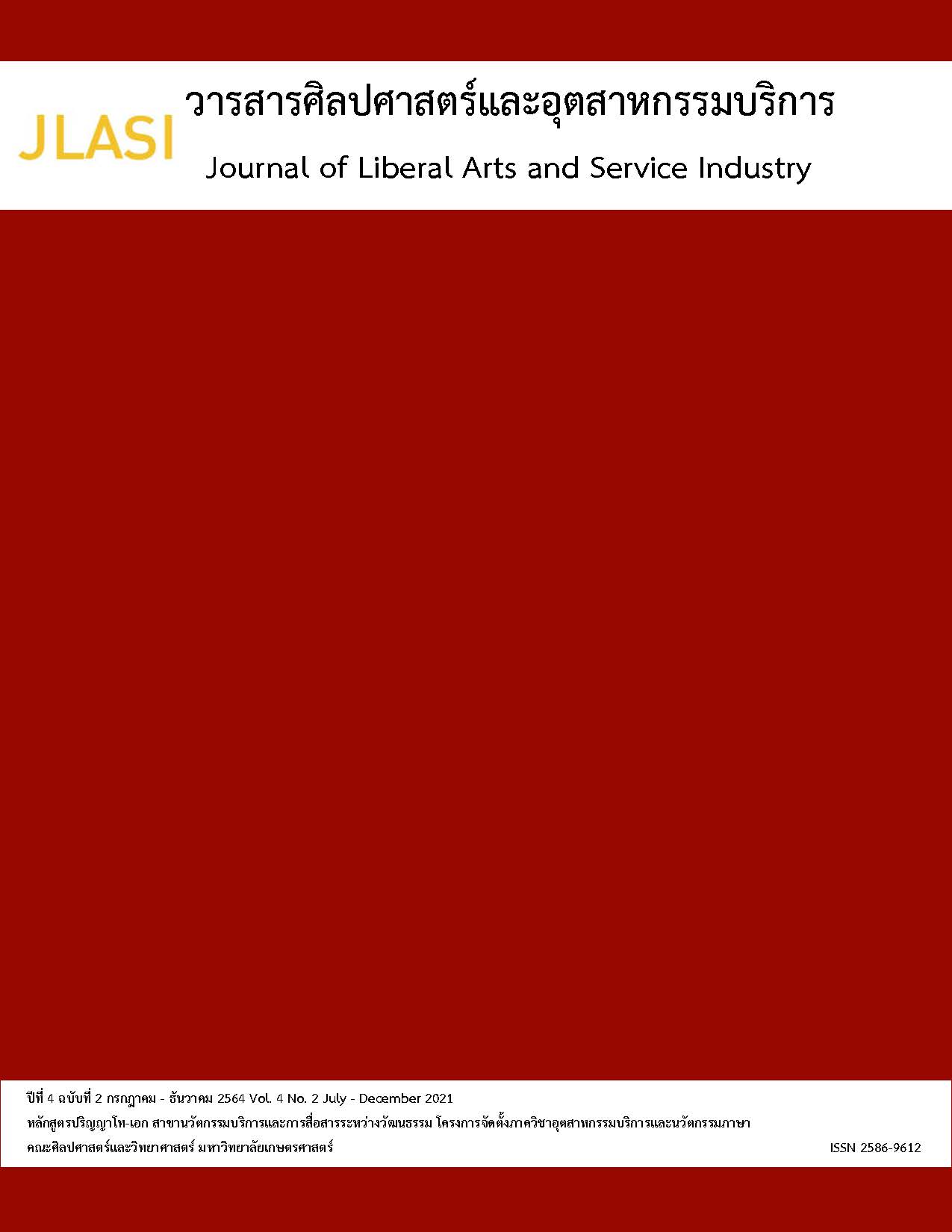The evaluation and lessons learned for development the excellence school project of Tessaban 3 (Banbo) school
Keywords:
evaluation, lessons learned, excellence schoolAbstract
The research was to study project evaluation, to study the guidelines and to visualize the lessons learned the institute for excellence in education project of Tessaban 3 (Banbo) School, in the aspects of input factors, processes, productivity, effects, effectiveness, sustainability and knowledge transfer. The sample group consisted of 609 teachers/Basic Education Commission/guardians/students and The target group of Lessons Learned were 22 administrators/teachers/Basic Education Commission/guardians/students. The research tools were the 3 sets of questionnaires, the statistics used for the estimation, the percent value, the average value, the standard deviation and the content analysis.
The results of the study revealed that: 1) The evaluation results of excellence in education project of Tessaban 3 (Banbo) School, in overall and in all aspects there is a high level, the higher appropriate aspects ranking in order of mean from high to low were estimation of the effects, effectiveness, productive, sustainable, context, input and process. 2) the guidelines of the development of the institute for excellence in education project of Tessaban 3 (Banbo) School presented as follows. School development should use a participatory approach, develop the process of teaching and learning to be effective first, this will affect other levels of education or promote students' livelihoods in society with quality, by using the guidelines the development of educational institutions towards excellence. 3) the visualization of the lessons learned that the process of the development of the institute for excellence in education project revealed a lack of the teachers’ knowledge and experience for the development of learning process, should improve firstly and conduct a development of teachers so that the teachers could have an understanding of a development learning process and could objectively and quality manage for learning process based on students’ needs. Teachers and education personnel should have learning process skill to develop their thinking process, morality and ethics. Teachers and students should be encouraged to join together to develop a learning process, innovation, learning plans for courses and academic terms. the school should build awareness of a research – thinking process for its educational personnel so that they would give precedence to a research and apply a research to their learning management, support teachers and personnel to conduct and present their research.






